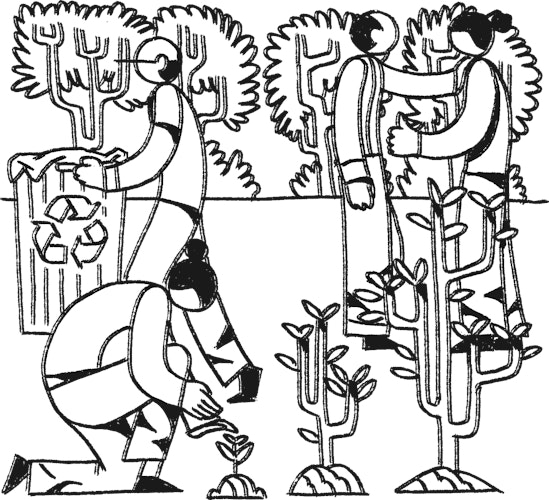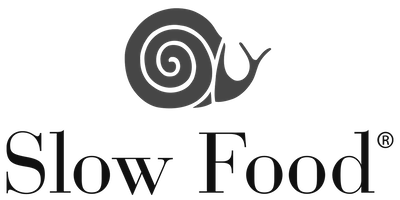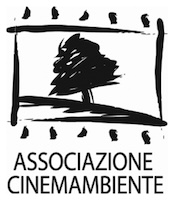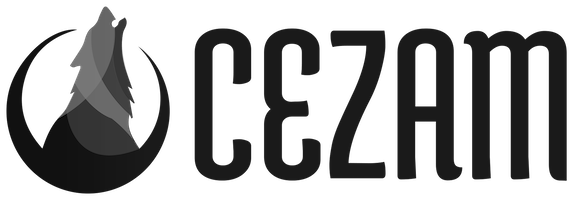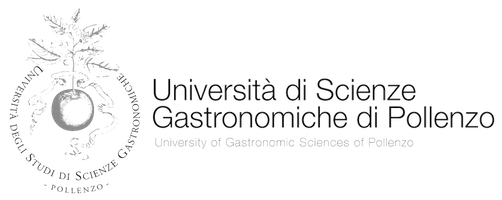Petit Paysan
Directed by
Pierre is a young dairy farmer who puts his heart and soul into his land. His love of his job is the pendulum of his life, swinging to his conflictual relationship with his sister, a vet responsible for animal health in the region. The future of the family farm is endangered when a cattle epidemic spreads through France and infects one of its 30 animals. Pierre is subsequently drawn into a whirl of guilt and hope and has to stretch his observance of the law to the limit to save his beloved cattle.
The mad cow disease crisis left an indelible impression on me that was decisive for the making of this film. I still have a vivid memory of a report on television: nobody could figure out what was happening. Animals were dying and my mother said that if they same thing happened to us, she would kill herself. Like Pierre, farmers often called their vets for some reassurance. Mad cow’s disease was an unusual disease that vets themselves were unable to treat, triggering paranoid reactions among livestock breeders.
The film was shot on my parents’ farm. Though the character of Pierre reacts and speaks differently from me, he does live the life I would have lived if I hadn’t decided to follow a different route. I’m very familiar with the intimate bond he has with his animals and his rapport with his family.
I wanted the film to be realistic and, at the same time, I was interested in investigating the most recondite psychological aspects. Through the writing, photography and editing, we moved from naturalism to more of a thriller vein, playing with the codes of the genre. This is why the film begins with a warm solar atmosphere only to plunge into a more artificial light. I also chose to mix professional actors with ordinary people. I like working in this way to create a sense of realism, and I even involved my parents as actors and my relatives, who taught the leading player all the secrets of a real livestock breeder. It’s complicated making a film with cattle: a cow is like a five-year-old child, only that it weighs 900 kilos and doesn’t go to school. It takes ten minutes to milk one, so we couldn’t tie them there for 20 minutes in that heat: they would have suffered too much. Actors are more tolerant and they are well aware why they’re there, whereas the cattle didn’t ask to be, so respect towards them was of primary importance for me.
